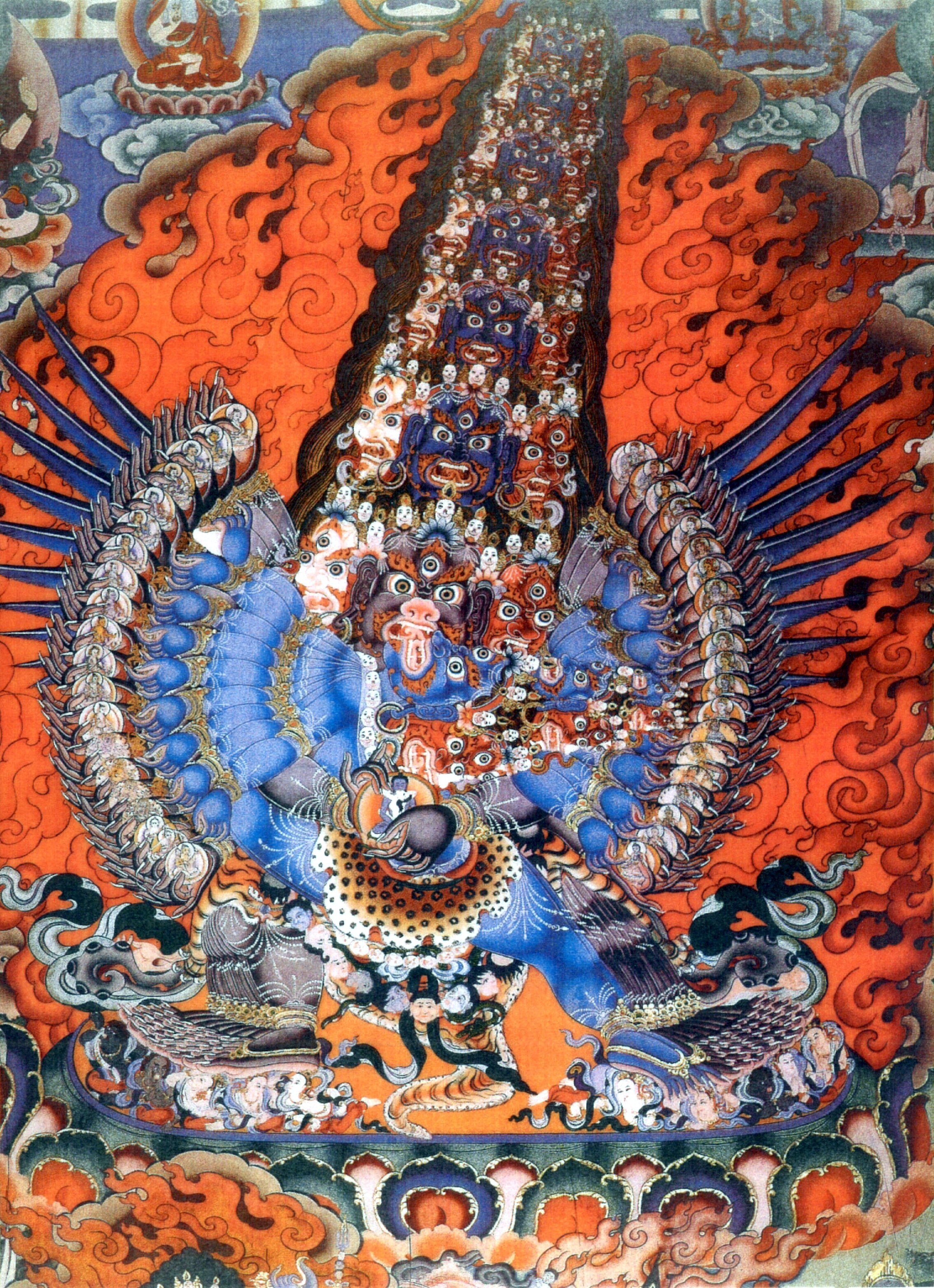Q: "Im no empiricist, very feasible field of thought, but believing that "all i ever see is all there will ever be" is again making the assumption that I have Godlike ability to manipulate the fate of realities existence. One's existence or human functioning may be contingent to the creation of an objective something. Without an objective ideal there is no progress. even within the conception of subjectivity there is the assumption that all is objectively subjective. So there may be meaning."
A: It’s ok, I don’t know what “empiricist” really means anyways, but I’m afraid you seem to be interpreting a lot of which was not meant to be stated in the words - another problem of language, I suppose, so let’s dissect this first:
“All i ever see is all there will ever be” - I think you might have gotten that from this “Once you observe something, it intrinsically changes from unobserved to observed, and unless I simply assume that such universes without my conscious observance do not exist, and thereby not think of then, then they cannot exist as universes without conscious awareness.” Let me clarify again that the only thing I assert about existence is that you cannot prove or disprove the existence of anything that you do not perceive. This makes absolutely no assertion that nothing “can exist” outside of my perception, simply that it remains unfalsifiable.
What is meant by the second quotation (what I said previously) is simply this: Once I observe any given universe (whether it it through pure thought or physical manifestation or whatever), then conscious awareness exists in that universe. There was no attempted reference to anything about unobserved universes (which I emphasize again, you cannot prove or disprove the existence of). What I was trying to convey was that the only possible way for anything to “not exist at all” is for no one to have ever even thought of it, since once you think about it, it exists in the form of thought (in the realm of the universes of your mind or whatever you want to call it). Simply put, if something does not exist, then it must not be observed, but if something is not observed, that does not imply it does not exist, i.e. observed existence is a subset of existence. Or more efficiently, I said “if not B then not A”, which implies “if A then B” but not (as you seem to have assumed) ”if B then A” - simple first order logic.
The paradox does not like within the faulty application of logic though. This presents a different level of inquiry, that is, where does the set of logical applications lie? If it’s merely a set with in the set of all possible existence, why should I care whether its rules are applied correctly and whether this has any relevance to whether something exists or not? i.e., if I showed with logic a consistent theory of what I intend to call existing or not existing, then all I did was that - it has nothing to do with any further nature of existence, assuming that there is more to meaning than definitions and man-invented premises.
Ok, so now even if you did assume that I implied “if B then A” (if existence, then observance) why is that the equivalent of “making the assumption that I have Godlike ability to manipulate the fate of realities existence”? Why did this just become a discussion on a more superficial level of “ability”, “God”, “fate”, “reality”? The only thing we were talking about was the relation between “existence” and “observance” nothing else. Nowhere was there ever a mention of “human functioning” or any sort of limited human perception. Perhaps it’s just difficult to convey exactly what is meant by “observance”? All that it meant by that is the act of conscious perception, with no reference to human perception in particular, but only awareness.
Lastly, “one’s existence or human functioning may be contingent to the creation of an objective something […] even within the conception of subjectivity there is the assumption that all is objectively subjective.” - what does this mean? What is meant by “objectively subjective”? I feel like all that is really trying to be said is that there exist things outside of observance (a.k.a. conscious subjective perception). Yes, as implied by what I said in the first place (if not B then not A), existence is a set that includes the subset of observed existence (it is not true that if not A then not B).






